 Impact Force is a women-founded Ukrainian nongovernmental organization (NGO) that supports vulnerable groups with skills and resources. It helps small and medium-sized businesses grow sustainably and advises government bodies on reforms that promote transparency and inclusion.
Impact Force is a women-founded Ukrainian nongovernmental organization (NGO) that supports vulnerable groups with skills and resources. It helps small and medium-sized businesses grow sustainably and advises government bodies on reforms that promote transparency and inclusion.
Its program, “Dream and Achieve,” launched in 2023, has recently finalized its second cohort. The initiative was created to empower Ukrainian women through entrepreneurship. It receives support from international organizations like U.N. Women and government institutions such as France’s Ministry for Europe and Foreign Affairs.
Hope Amid Loss
Nina Levchuk and Olga Diakova are the co-leaders of the Dream and Achieve program on business development. The project emerged in response to the rising unemployment and the negative impact the Russian invasion had on women’s role in the economy. The program is designed to support those affected by war struggles, including internally displaced people, veterans and single mothers and to empower Ukrainian women through entrepreneurship.
The initiative offers a three-month training in digital marketing, socially responsible business models and strategies and personal mentorship. It also gives participants $1000 in financial assistance for their entrepreneurship initiatives.
Success Stories
The training and valuable insights have helped many women to take a bold step, whether launching a new business or reshaping the strategy of an existing one. Despite the different motivations, the program participants agree that Dream and Achieve has guided them to success.
- Olena Vlasynevych is the wife of a veteran and also a yoga and meditation instructor. She founded Ashram Spokoiu to help women through stress and loss. Through the program, she refined her focus on women above 40 seeking harmony, strengthening her business vision. She’s expanding her offerings with new products, retreats and a solid online presence.
- Anastasiia Filonenko created FILOCERA, a ceramics and sculpture brand that channels emotion through art. Her works decorate homes and restaurants, serving both domestic and therapeutic purposes. Thanks to Dream and Achieve, she relaunched her Etsy store and reached global customers.
- Aliona Demchenko was relocated from Balky to Dnipro with her child. She launched Veseli Lystochky, a reusable notebook brand that combines learning and playing. They support children’s logic and memory development. After attending the Dream and Achieve program, she doubled her profits. She also gained skills in customer relationship management (CRM) and marketplaces. Now, her next goal is to open a child development center.
Impacts of the 2023 Cohort
The program received more than 1,000 applications, from which 80 women were selected. At the beginning of the program, 75% of the women hoped to acquire skills in using online platforms and e-commerce tools. By the end, 98% assured having improved their knowledge and skills in business management and the digital economy. Beyond training, the program came to be a boost to participants’ businesses. More than 32% reported an improvement in income and financial stability.
Many participants described the experience as inspirational and hope for more women to benefit from it. The initiative demonstrates a powerful truth: the first step in rebuilding a country needs people who dare to dream big.
– Sara Arias Saiz
Sara is based in Leipzig, Germany and focuses on Business and New Markets for The Borgen Project.
Photo: Flickr
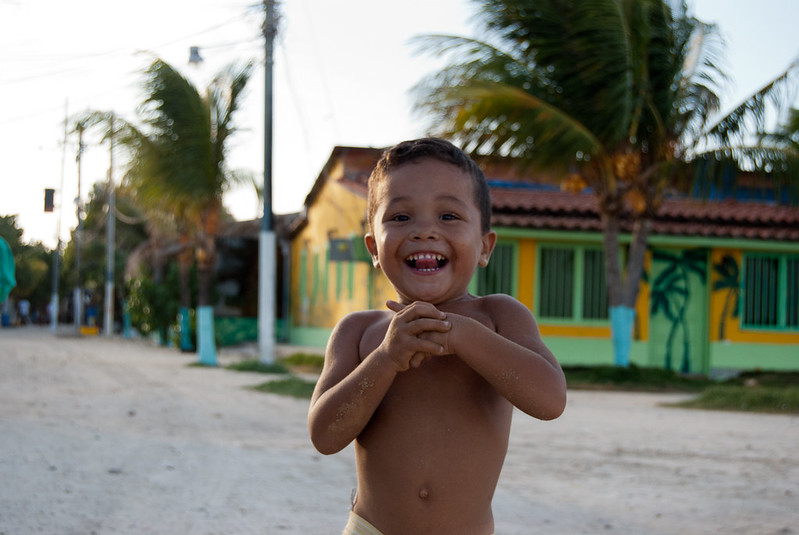
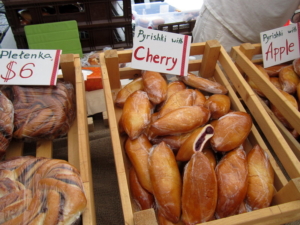 Since the start of Russia’s full-scale invasion of Ukraine,
Since the start of Russia’s full-scale invasion of Ukraine, 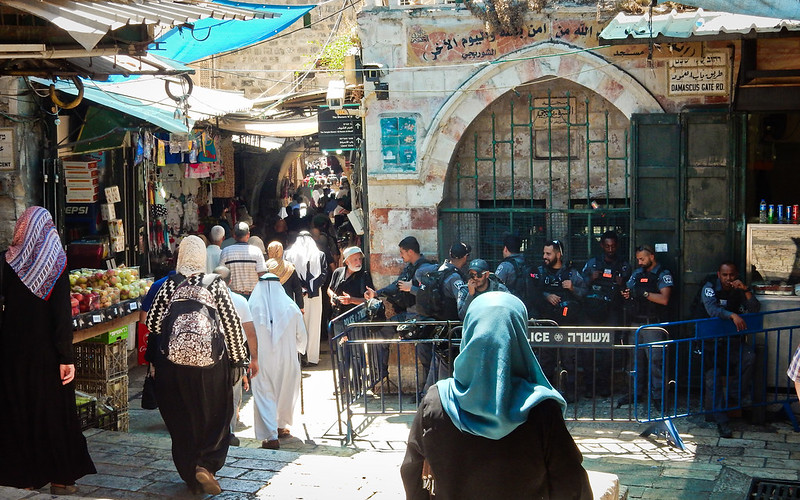 Decades of conflict and hardship have left millions of Palestinians in need of humanitarian assistance, with
Decades of conflict and hardship have left millions of Palestinians in need of humanitarian assistance, with 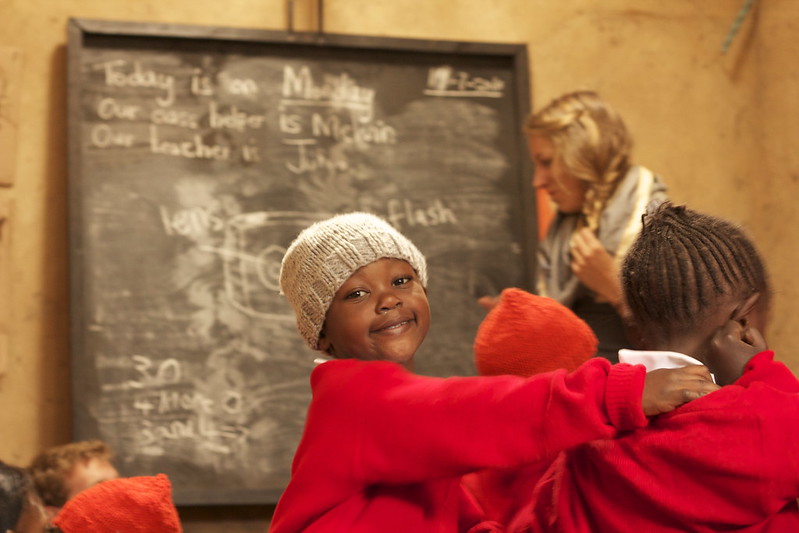
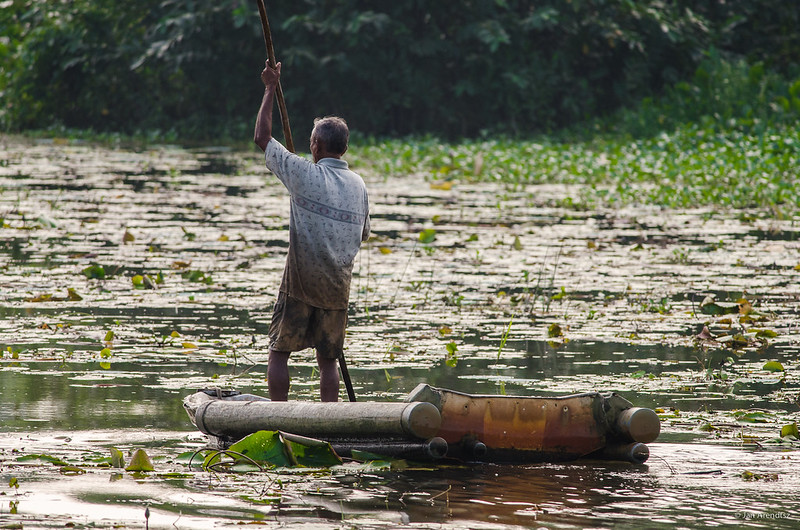 Since 2019, poverty in
Since 2019, poverty in 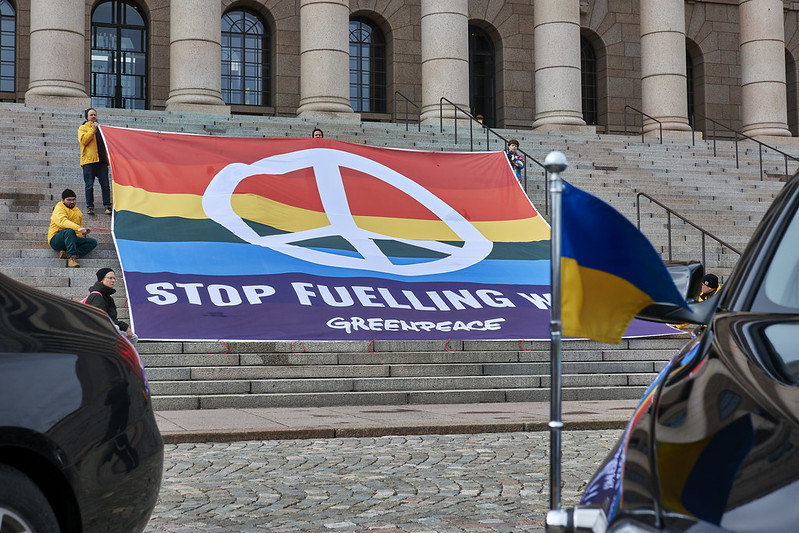 Greenpeace has established
Greenpeace has established 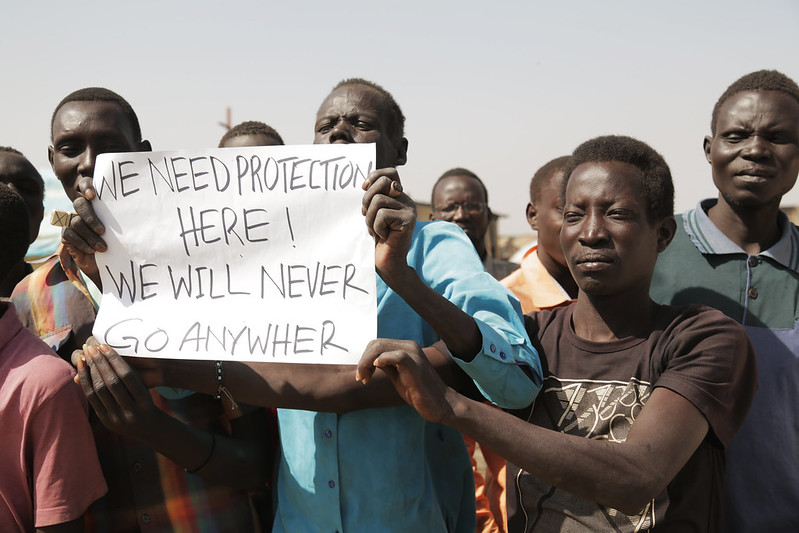
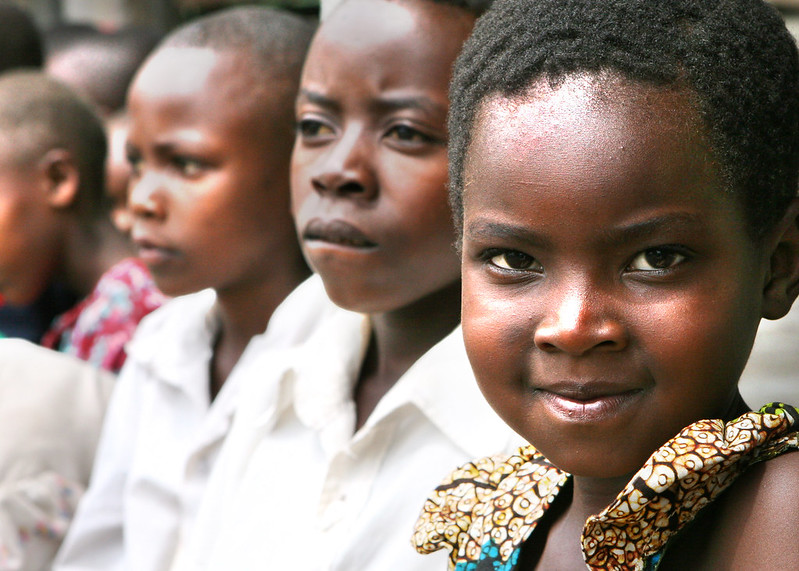 Tanzania’s
Tanzania’s 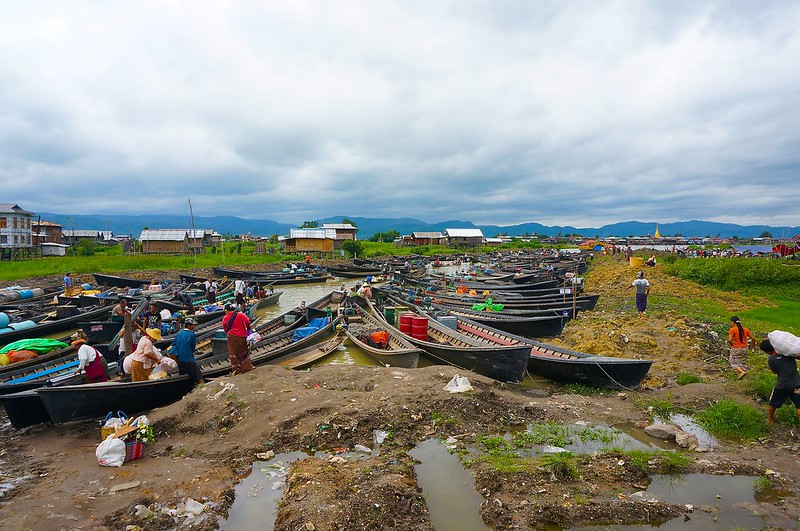 Since
Since 